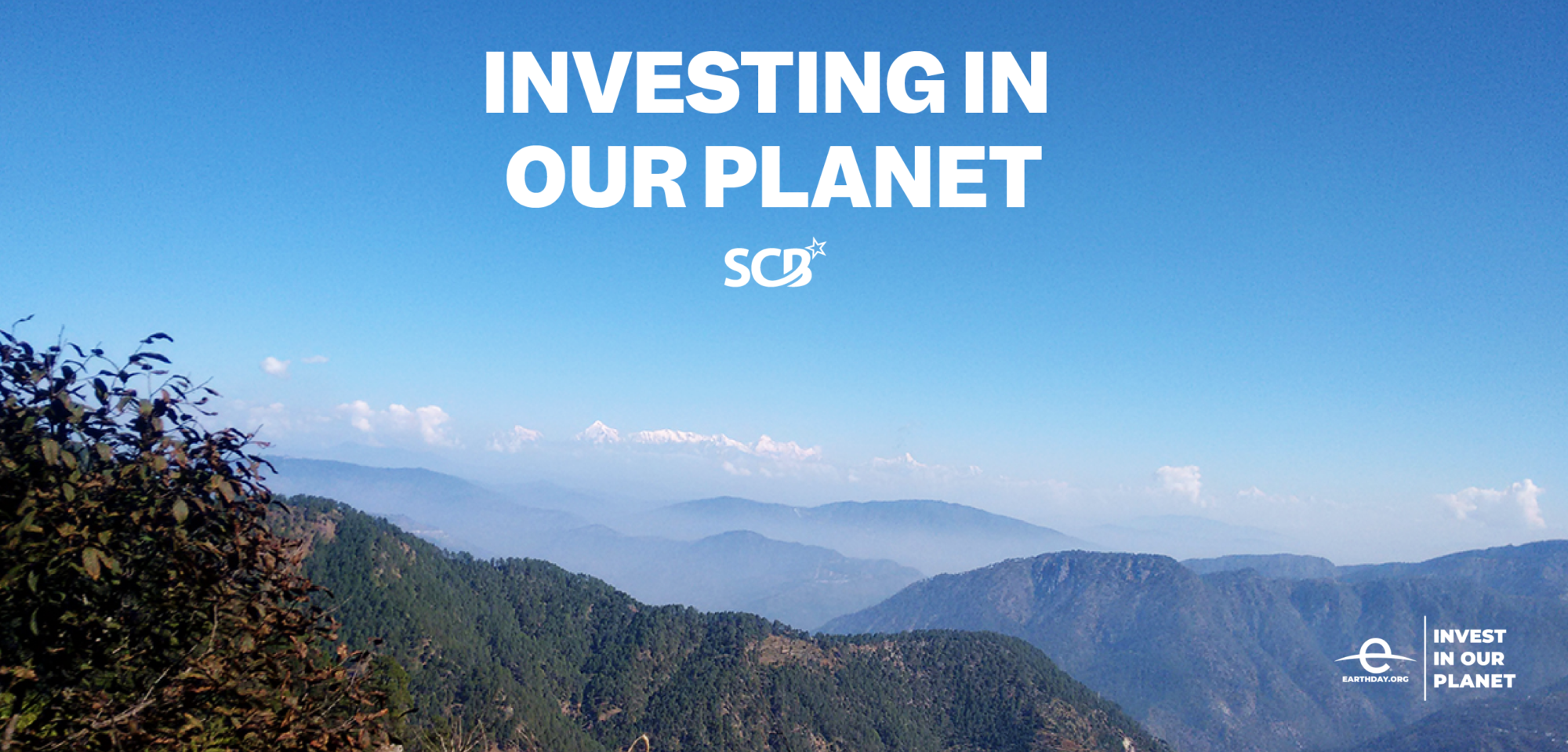SCB announces its latest innovative financing project to fund the planting of four million trees in Uttarakhand in the Himalayan region of Northeast India. The project is expected to remove more than 360,000 tons of CO² from the atmosphere, improve biodiversity and habitats and support local jobs and livelihoods.
Commenting, Kevin McGeeney, CEO of SCB, said:
“This project offers significant long-term benefits to the environment, local community, and economy. SCB is proud to support projects that make a meaningful difference to the environment and the lives of those directly and indirectly involved”.
With a planned duration of 10 years, the afforestation project will cover a total area of 4,000 hectares. Planting will entail a variety of species, including, oak, celtis and rhododendron. Beneficiaries from this project will be local communities, with 5,000 people expected to directly benefit, and indirectly a further 16,000 households.
This project comes on the back of forest degradation, which is linked to environmental issues in the northern plains of India and Bangladesh, an area which is home to over half a billion people. Environmental problems include landslides, soil erosion and the drying up of perennial springs, impacting the Himalayan agro-economy, including the loss of livelihoods and the outmigration of local people.
The planting of these trees is to be certified as a carbon reduction or offset initiative, allowing the sale of carbon credits, which repays the cost of the initial planting and will help fund the monitoring and maintenance of the project. The credits will be verified to the CCB standard.
SCB is working with VNV Advisory as its delivery partner on the project. VNV Advisory has been at the forefront of working with climate change and livelihoods, with support from over 40 NGOs and partners, its work encompasses more than four million rural households and 50,000 hectares of forest under management across the South Asia region.
Innovative financing mechanisms such as SCB’s planting of trees in NE India are essential to address the funding gap to deliver the greenhouse gas reductions needed by 2030 to meet the Paris Agreement. Earth Day, 22 April 2022 highlights key solutions to reach net-zero gas emissions by mid-century.



